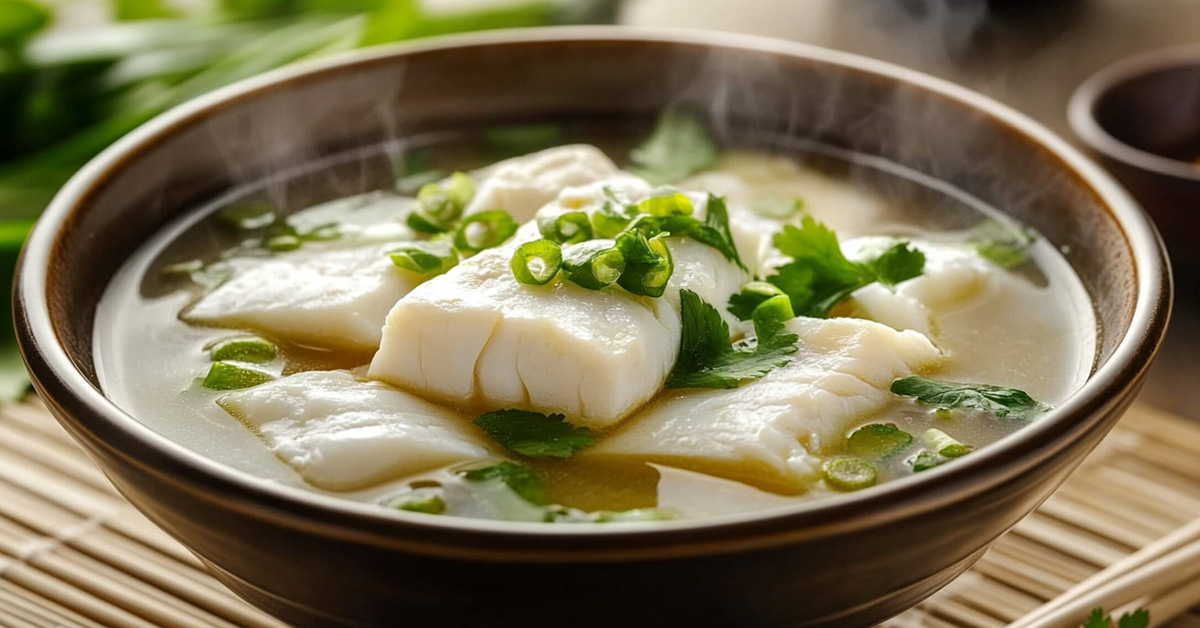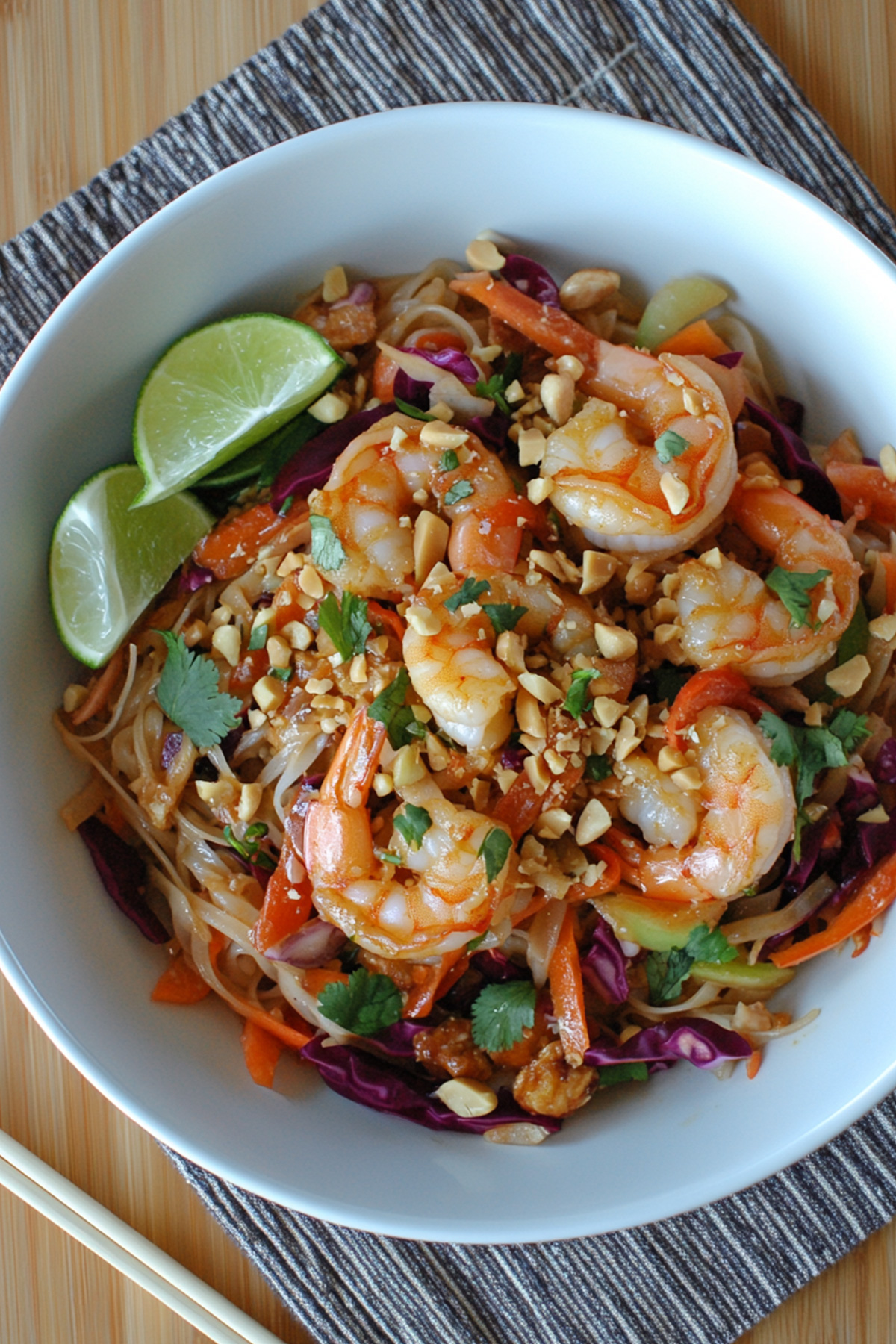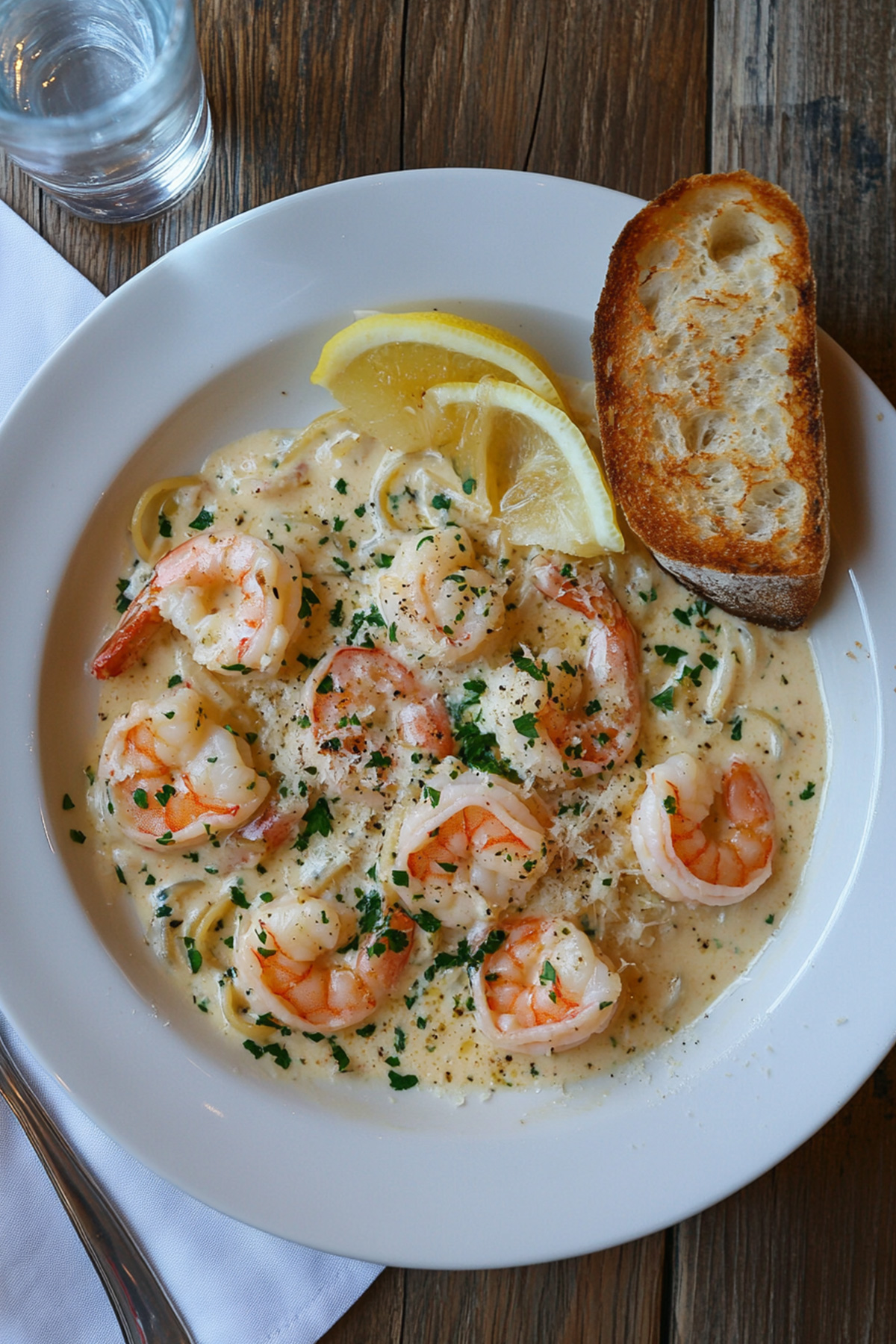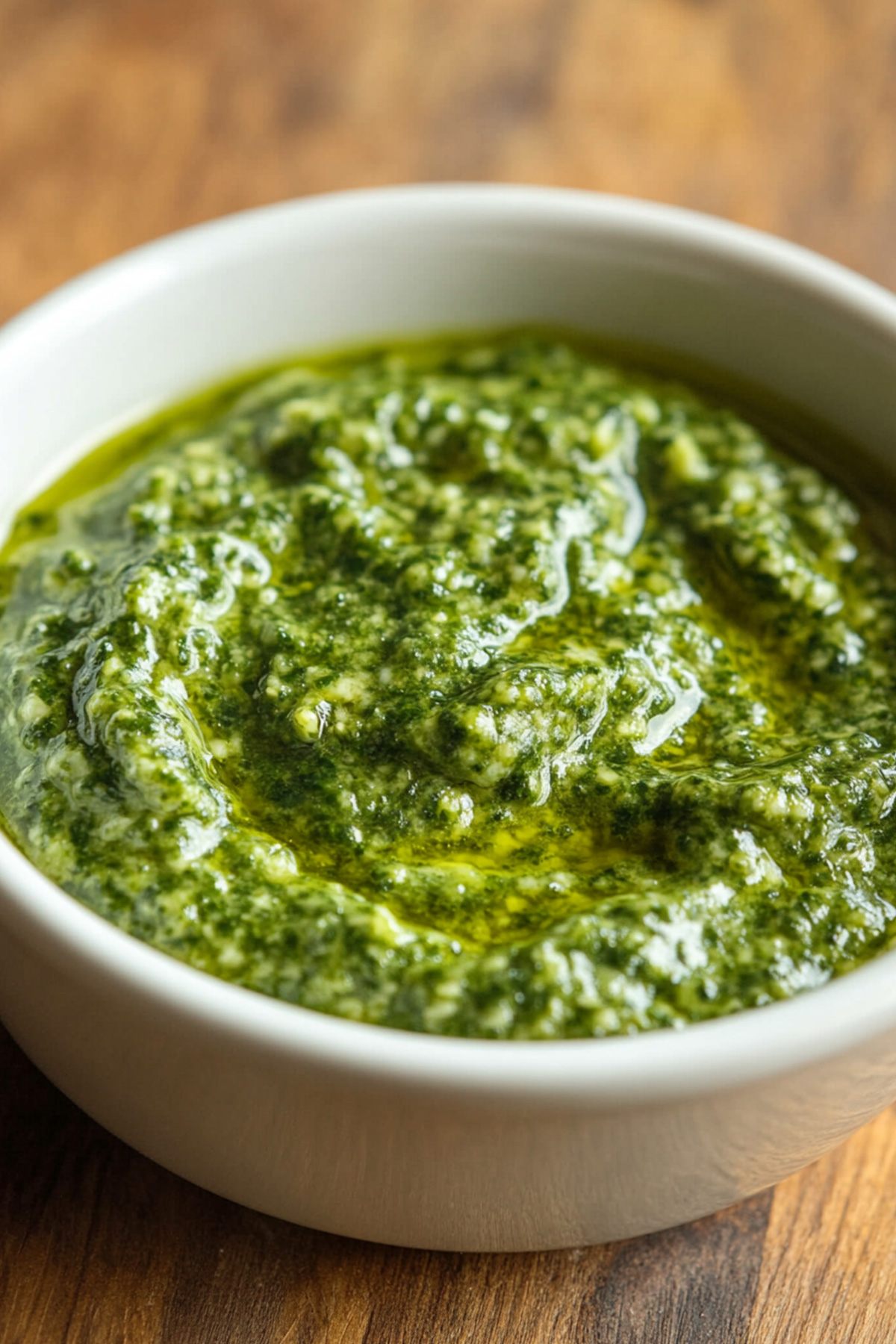Disclosure: As an Amazon Associate and participant in other affiliate programs, we earn from qualifying purchases. We only recommend products we believe will provide value to our readers.
Chinese fish soup ranks among the most comforting dishes that keep people fed in Asian cuisine. Countless Chinese households serve this warming bowl of goodness as both a daily staple and a therapeutic meal. Fresh fish, aromatic herbs, and carefully selected vegetables blend together to create a perfectly balanced dish that satisfies hunger and wellness needs.
The sort of thing I love about Chinese fish soup is how simple it becomes once you know the basics. This piece shows you everything about creating this classic dish naturally. You’ll find the best fish varieties, key ingredients to boost flavor, and clear steps to achieve that perfect balance of taste and nutrition. The
Table of Contents
The History and Tradition of Chinese Fish Soup
The rich history of Chinese fish soup takes us back nearly 900 years to a remarkable tale of culinary creativity. A talented female cook, Song Wusao (“Fifth Sister-in-Law Song”), created one of China’s most beloved soups during the Southern Song dynasty (1127-1279).
Chinese-Jurchen warfare forced Sister Song to flee to Hangzhou where she started selling her distinctive fish soup. Her comfort food for northern refugees caught Emperor Gaozong’s attention. The emperor’s approval turned this humble soup into a nationwide sensation, known as Songsao yugeng (“Sister Song’s fish soup”).
Chinese fish soup’s cultural significance reaches new heights, especially when you have premium ingredients like fish maw. The soup’s importance in Chinese cuisine stems from several factors:
- Represents prosperity and abundance during celebrations
- Serves as a symbol of luxury in Chinese gastronomy
- Carries therapeutic properties through traditional ingredients
- Connects generations through preserved cooking techniques
Regional variations emerged throughout China as centuries passed. To cite an instance, see Wuhan’s distinctive fresh fish soup tradition that started in 1932 with Zhong’s Fresh Fish Soup, which features wild crucian carps celebrated for their exceptional flavor. This centuries-old recipe continues to evolve while retaining its status as a national treasure, appearing everywhere from humble street stalls to prestigious banquet halls.
What Makes Chinese Fish Soup Special?
Ever wondered about the secret behind Chinese fish soup’s milky-white look? The answer lies in an age-old Chinese cooking technique that turns basic ingredients into a bowl of creamy perfection. The magic happens at the time you add boiling hot water to well-prepared fish bones. The soup takes on its signature creamy white color right away.
This soup stands out because of its subtle yet rich flavor profile. You’ll find a light umami taste that comes straight from the fish and its bones. This creates a perfect balance of flavors that feels refined yet comforting. The soup’s creamy texture doesn’t need dairy or thickeners – it comes from fat that dissolves during high-heat cooking.
A classic bowl of Chinese fish soup needs these finishing touches:
- Fresh cilantro to add brightness
- A dash of white pepper to give subtle heat
- Tender pieces of white fish
- Fresh vegetables to enhance texture
The soup’s adaptability makes it even more special. Traditional recipes use freshwater fish, but any fish with enough fat content works well. The cooking technique matters more than the fish type you choose.
This soup manages to be light yet filling, which makes it popular in Chinese restaurants where it’s served as a delicacy. Each spoonful offers a harmonious blend of distinctively Chinese flavors, whether you’re having it alone or as part of a bigger meal.
Choosing the Right Fish for Chinese Fish Soup
Your journey to make perfect Chinese fish soup begins at the market. Fish tanks at Chinese supermarkets give you a great chance to pick the freshest catch. A simple way to check freshness is through the gills – bright red shows peak freshness, while darker maroon tells you the fish isn’t quite fresh.
The best Chinese fish soups come from white fish varieties. Oily fish like mackerel or salmon tastes great in other dishes but can overpower your soup’s delicate flavors. Let’s think over these excellent choices:
- Fresh tilapia (economical and accessible to more people)
- Grass carp (traditional choice)
- Cod (creates excellent white broth)
- Bass or groper (especially good for fish head soup)
The fish’s natural taste becomes milder if you pan-fry it with ginger before adding it to the soup. Another method is a quick blanch in boiling water with ginger and salt for 1-2 minutes. Fish with bones intact works best since it helps keep the meat together and enriches the broth.
Expensive fish isn’t always necessary. Simple choices like tilapia create amazing soup bases. Your fishmonger will usually clean and descale whole fish for you, which saves precious time in the kitchen.
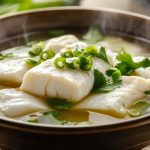
Chinese Fish Soup
- Total Time: 35 minutes
Description
Want to make something comforting? A simple Chinese fish soup awaits you. The recipe blends tender fish with aromatic ingredients that keep people fed and satisfies your cravings any day of the week.
This easy-to-follow recipe delivers a smooth soup where tender fish and tofu float in aromatic broth. The lighter version stays true to traditional Sichuan flavors that comfort you deeply.
Ingredients
Marinade for fish:
- 8 oz tilapia or catfish filet, thinly sliced
- 1 tsp light soy sauce
- 1 tsp Shaoxing wine
- ¼ tsp sesame oil
- ¼ tsp salt
- ⅛ tsp white pepper
Soup base:
- 2 tbsp cooking oil
- 1–2 slices ginger
- 6 fresh shiitake mushrooms, sliced
- 4 cups chicken stock
- 1½ cups water
- 1 cup napa cabbage, chopped
- ½ pound firm tofu, sliced
- Salt to taste
- Fresh scallions and cilantro as garnish
Instructions
- Combine the fish with marinade ingredients and let it rest for 15-20 minutes
- Place a large wok over medium heat and add oil
- Drop in ginger and mushrooms, then sauté them until their aroma releases (2 minutes)
- Pour chicken stock and water into the wok, then add cabbage and tofu
- Let the mixture reach a boil and add salt to taste
- Carefully place each piece of marinated fish into the wok
- Cook the mixture at a gentle simmer until the fish becomes fully cooked
- Top your dish with fresh scallions and cilantro before serving
Notes
- Marination is essential – this step creates the best-tasting fish.
- Your ingredients should be ready before cooking begins.
- The fish pieces need proper space in the pan.
- The seasoning can be customized to match your preferences.
- Prep Time: 20 minutes
- Cook Time: 15 minutes
- Category: Soup
- Method: Poaching
- Cuisine: Asian
Variations of Chinese Fish Soup to Try
Chinese fish soup stands out because of its amazing regional diversity. The rich culinary heritage of China shines through unique variations from the bustling streets of Sichuan to the coastal regions of Teochew.
These distinctive regional versions deserve your attention:
- Sister Song’s Soup: This perfect fusion combines the kick of hot and sour soup with the silky texture of egg drop soup. The white fish changes remarkably to taste just like crab meat.
- Teochew Style: Everything gets used in this traditional version that uses bass groper fish head to create an intensely flavorful broth. Extra fish meat can add more substance.
- Sichuan Shui Zhu Yu: This bold interpretation features bean sprouts and Sichuan peppercorns. The combination creates a numbing spicy sensation that defines the region.
- Tofu Fish Soup: A gentler approach pairs tender fish with silky tofu. This lighter variation works well for anyone who wants subtle flavors.
- Winter Radish Version: White radish makes a warming addition during cooler months that boosts nutrition.
Each version adds its own special twist while keeping the soul-warming qualities that make Chinese fish soup so special. The creamy richness of the fish head soup and the subtle elegance of the tofu version ensures you’ll find a variation that matches your priorities perfectly.
Read also: Grilled Dorado Fish Recipe
Health Benefits of Chinese Fish Soup
Chinese fish soup offers more than just its amazing taste. It brings numerous health benefits deeply rooted in traditional Chinese medicine. Chinese people see food differently – it serves as medicine for both body and soul. Each bowl of this soup keeps people fed while healing them.
Chinese fish soup works as a natural immune system booster because it contains ginger and garlic. Traditional Chinese medicine has relied on these ingredients to prevent colds and flu for centuries. Fresh fish mixed with vegetables creates a nutritious dish that stays low in fat and sodium.
This therapeutic soup provides several health benefits:
- Strengthens immunity with zinc-rich seafood
- Improves heart health through omega-3 fatty acids
- Improves digestion and circulation
- Fights fatigue and boosts energy levels
- Detoxifies the body naturally
Traditional Chinese medicine’s concept of yin and yang matches perfectly with how this soup restores balance in your body. A hot bowl of this wholesome broth helps you fight exhaustion and increases your energy naturally. Lean fish combined with fresh vegetables delivers essential nutrients while maintaining low calories.
Nutritional Information of Chinese Fish Soup
Let’s take a closer look at the numbers behind your bowl of Chinese fish soup! A standard serving (approximately one cup) contains just 148 calories, which makes it an excellent choice if you’re watching your caloric intake.
Here’s what you’ll find in each serving of this nutritious soup:
| Nutrient | Amount |
|---|---|
| Calories | 148 kcal |
| Protein | 11.5g |
| Carbohydrates | 12.8g |
| Fat | 6g |
| Fiber | 1.5g |
| Sodium | 906mg |
This delicious soup comes packed with essential nutrients that help maintain a balanced diet. The protein content stands out at nearly 23% of your daily needs. The soup’s low-fat profile of 6g per serving makes it perfect for maintaining a healthy diet.
The soup’s special quality comes from its rich omega-3 fatty acid content, thanks to carefully selected fish ingredients. You’ll get important vitamins and minerals too. These include vitamin B12 for healthy nerve cells, vitamin A to support vision health, and vitamin C that boosts your immune system.
The caloric content increases to approximately 450 calories per serving if you pair this soup with rice. This combination creates a filling meal that works perfectly as your main course.
Serving Suggestions for Chinese Fish Soup
These perfect serving suggestions will turn your Chinese fish soup into a complete meal! The comforting soup tastes delicious alone, but pairing it with steamed white rice creates a satisfying combination that’s both filling and nutritious.
Your table needs both chopsticks and a spoon to enjoy every element of the soup fully. Classic garnishes will raise your bowl’s appeal:
- Fresh cilantro leaves
- A dash of white pepper
- Finely chopped scallions
- Optional: crispy fried garlic
Your Asian fish soup can take on a unique twist. Buttered chunks of crusty baguette create an interesting East-meets-West fusion. This bread soaks up every last drop of the flavorful broth perfectly.
Here’s a pro tip: This versatile dish serves beautifully as both a light main course or part of a larger meal. The main course needs generous portions paired with your chosen starch. Smaller portions work well as a warming starter that sets the stage for the rest of your meal.
The soup tastes wonderful the next day, and the flavors become even more developed. Just heat it gently to keep the fish’s perfect texture.
You may like: Breaded Grilled Fish Recipe
Storage and Reheating Tips for Chinese Fish Soup
Your leftover Chinese fish soup will give you delicious flavors for days with proper storage. This piece covers everything about keeping your soup fresh and safe to eat.
Let your soup cool down slightly first. Don’t leave it out at room temperature longer than two hours. Put it in an airtight container to stop bacteria from growing and prevent other fridge smells from mixing with your soup’s delicate flavor.
These storage guidelines will help you get the best results:
- Keep in the refrigerator up to 3 days maximum
- Use a sealed container to maintain freshness
- Freeze the stock (without fish pieces) and use within 2 months
- Write the date on containers to track freshness easily
Your soup needs to reach 165°F during reheating to stay safe. Stir it now and then while heating to spread warmth evenly. A covered container works best for microwave reheating, and you should stir halfway through to avoid cold spots.
Heat only what you plan to eat right away. Your soup’s taste and texture can change if you reheat it multiple times. The best flavors come from warming your portion gently in a small pot. Keep the heat medium and stir occasionally until it’s steaming hot.
Common Mistakes to Avoid When Making Chinese Fish Soup
The perfect Chinese fish soup demands precise technique and careful attention to detail. Several common mistakes can prevent you from achieving that perfect bowl of soup.
These mistakes need your attention:
- Aggressive boiling after adding fish – Add your marinated fish slices and maintain low heat. A gentle simmer for 1-2 minutes will keep your fish tender and smooth.
- Using frozen fish – Fresh fish should be your only choice. It delivers cleaner taste and superior texture.
- Improper pan preparation – Heat your pan before adding cold oil. This technique creates a protective layer and prevents sticking.
- Rushing the process – The fish needs time to develop golden, crisp skin before flipping during frying.
- Wrong water temperature – A surprising yet significant detail: use boiling hot water to create the soup base. This step will give that signature milky-white color.
Fat content plays a major role in your Chinese fish soup. Oily fish might seem appealing, but they can overwhelm the subtle flavors you want to achieve. White fish varieties produce the best results consistently.
Salt seasoning deserves careful attention, and adding egg white can create an extra silky texture. These subtle touches transform your soup remarkably.
Conclusion
Chinese fish soup shows evidence of centuries-old culinary wisdom that goes beyond basic nourishment. This beloved dish blends therapeutic properties with cultural heritage. The carefully balanced ingredients and proven cooking methods deliver key nutrients effectively. Scientific research now validates what Chinese tradition has known for generations – the soup contains protein, omega-3 fatty acids, and immune-boosting compounds while staying low in calories.
Anyone can become skilled at making this versatile dish by focusing on basic techniques and choosing the right ingredients. The soup remains popular whether made following Sister Song’s original recipe or adapted into local versions. Each bowl represents cultural heritage and meets modern dietary requirements. Chinese fish soup continues to be a comforting dish that feeds both body and soul, showing how some food traditions endure naturally.

